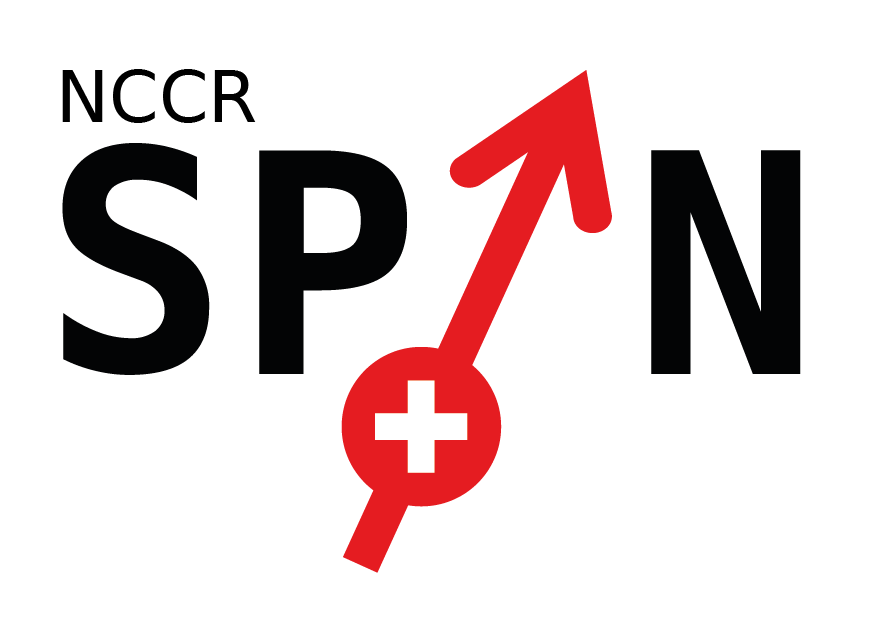Basel Computational Biology Seminar
Stanislaw Adaszewski
pRED - F. Hoffmann-La Roche AG
Basel, Switzerland
Location: Online Zoom
https://unibas.zoom.us/j/64509967057?pwd=N1hCaVJBUFJuU0tEN1dia2hHVUFtZz09
meeting ID: 645 0996 7057
pass code: FS-2022
Contact: Gabriel Studer (gabriel.studer@unibas.ch)
This event is part of the Basel Computational Biology Seminar Series.
Abstract
Current state of the art in prediction of the H3 loop of an antibody is defined by two families of methods - template-based and ab-initio. The template-based methods (e.g. the MoFvAb algorithm) are fast but rely on homology searches and for accurate results require that the input sequences are related to proteins for which the structures have already been determined experimentally. On the other hand, ab-initio methods such as molecular dynamics simulations and Monte Carlo sampling do not rely on any previously observed data and in theory can model any possible loop of an antibody. They are however very slow due to exploring the entire configuration space that the H3 loops can adopt. Combined with the very complex functions used for state energy evaluation, they take hours to weeks to complete depending on the task. Quantum Monte Carlo offers mathematically proven guarantees of quadratically reduced mixing time compared to classical Monte Carlo and therefore seems like a promising candidate for accelerating Monte Carlo-based protein folding in general and of the H3 loops in particular. We propose a Quantum Monte Carlo framework for modelling H3 loops on a fault-tolerant quantum computer, and estimate the resources required for this algorithm to run. Our results indicate that further improvements in both hardware and algorithm design will be necessary for realizing a practical advantage.
